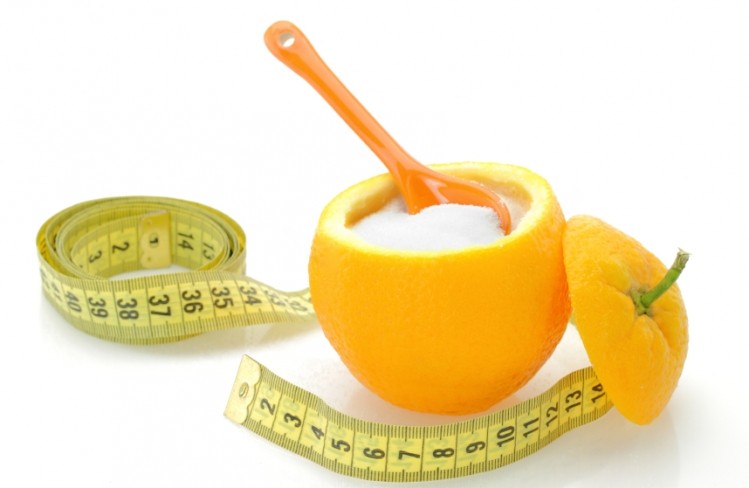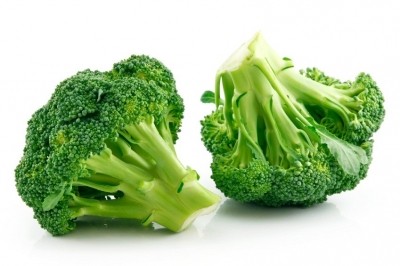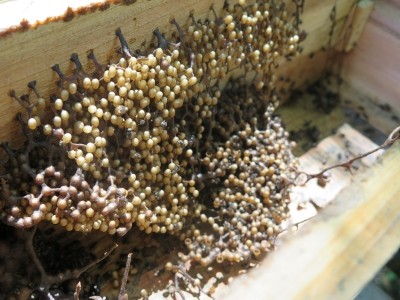Switching from sucrose to fructose lowers insulin and blood glucose in the obese and diabetics

Researchers from the University of Canberra's Health Research Institute examined the short-term and long-term effects of swapping sucrose or glucose, for fructose, the sugar found in many fruits, vegetables and honey.
The research, which has been published in the American Journal of Clinical Nutrition, found blood glucose and insulin levels were lower after consuming food or drink that contained fructose, compared to those with sucrose or glucose.
The authors wrote: "We searched the Cochrane Library, MEDLINE, EMBASE, the WHO International Clinical Trials Registry Platform Search Portal, and clinicaltrials.gov. We included randomised controlled trials measuring peak postprandial glycemia after isoenergetic replacement of glucose, sucrose, or both with fructose in healthy adults or children with or without diabetes. The main outcomes analyzed were peak postprandial blood glucose, insulin, and triglyceride concentrations."
University of Canberra adjunct professional associate and senior author of the report Dr Kerry Mills said that in the short-term study, the reduction in blood glucose was far greater in people who were overweight or had diabetes than in those with normal blood glucose levels.
Instant hit
“The sharp rise in blood glucose after eating glucose and sucrose is a risk factor for diabetes. Fructose, on the other hand, has to be converted by the liver before it can affect glucose concentrations in the blood,” Dr Mills said.
“Because this conversion takes time, it’s impossible for the body to receive the near-instant sugar hit we get from sucrose or glucose. This reduces blood glucose levels, which is particularly important for people with diabetes, who must monitor and control these levels.”
Dr Mills said the results show that healthier choices when it comes to sugar intake can make a difference for people with diabetes, but fructose should not be seen as “some kind of health food”.
The paper concluded: "Strong evidence exists that substituting fructose for glucose or sucrose in food or beverages lowers peak postprandial blood glucose and insulin concentrations."
Source: American Journal of Clinical Nutrition
doi: 10.3945/ajcn.116.145151
"Fructose replacement of glucose or sucrose in food or beverages lowers postprandial glucose and insulin without raising triglycerides: a systematic review and meta-analysis"
Authors: Kerry Mills, et al















